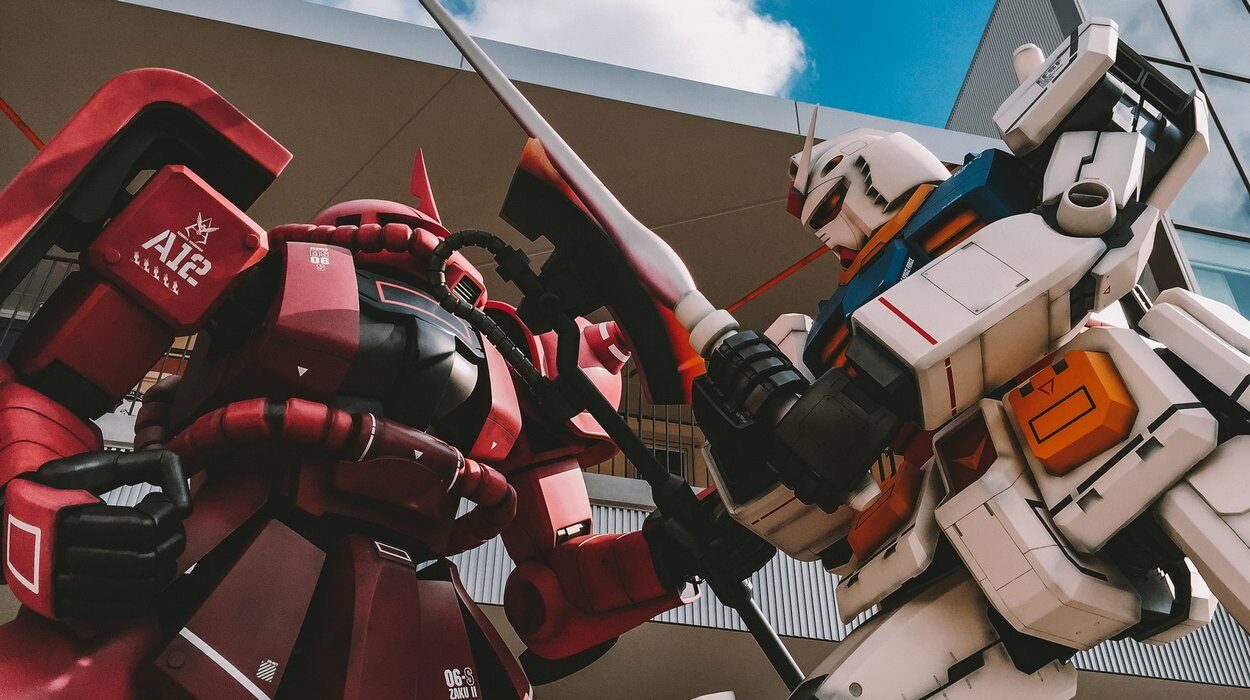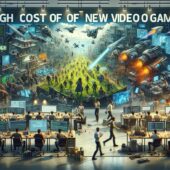Let’s talk about the reason for Overwatch 2. Why Blizzard went the unconventional way for sessional shooters and didn’t add paid content inside the game like other sessional shooters do? Like CS:GO with operations and new cases, but went the way of Call of Duty or Titanfall with new games to replace the obsolete ones. Why is Overwatch 2 showing up at all and not additional operations or new skins.
At this point, it’s obvious that Overwatch has a sparing in-game purchase policy and as a consequence doesn’t get the proper funding through in-game case purchases. But the game is still a session game and should be updated regularly. People get tired: they need new content, new maps, new characters, bits of new lore and new modes. To do this you need funding. The money from selling new copies doesn’t cover all the costs anymore. We need a new push of cash flow to continue to develop the project and do something big, not just endless Chinese New Year events.
And then Blizzard decides to make a separate game, which at first is perplexing to many fans of the studio. The company always supports their games for a very long time and does not chase a frequent serial release of games of the same brand. But as it turned out Blizzard didn’t intend to create a separate game in the full sense of the word. It turns out that Overwatch 2 is still more of an expansion of the first part of the game. Yes, it is bought separately as a standalone add-on. People who buy it may not have the original game and conversely can continue playing the first Overwatch without buying the sequel.
That said, Blizzard doesn’t want to divide the audience, and players will continue to play together in many modes. This will make for a big influx of funding for the game, as 80% of the existing audience will probably buy Overwatch 2. While it will be essentially the same game they already play, but with new modes, company, lore, and characters.
Overwatch 2 will continue Blizzard’s tradition and support the existing Overwatch community. Current players will be able to fight with Overwatch 2 players online in PvP mode. Moreover, current players will be able to choose characters and maps from Part 2, making PvP battles remain dynamic and engaging for the community as Overwatch 2 comes into its own.
Why this form of monetization?
Why let Blizzard choose this particular form of monetization rather than the path of increased purchases within the existing game? Most likely this is where we see the direct influence of Activision.
It’s no secret that Overwatch began to be created under the auspices of programmers and game designers Activision (and their partner studios), the people who are mainly engaged in the development of Call of Duty. Blizzard itself had no experience in creating first-person shooters. Coming to the rescue, Activision brought not only gameplay ideas, but also a monetization format. After all, if we look at Call of Duty, we see that there are purchases, skins, add-ons, etc. within the game, but still games in this series are put on stream and produced separately. Activision is deliberately diverting a large portion of the active audience to the new game as they phase out support for the old games. No tournaments are stopped for the old game, no updates are made, and no content is released. This is the model of monetization and support for the game that Activision has been pushing at Blizzard.
And that’s why Overwatch 2 came along, but Blizzard wouldn’t be Blizzard if it didn’t modify this format. In the end, just as Activision and Blizzard merged into Activision Blizzard, the concepts of monetization merged into one entirely new format.
Bottom line
What does this all get us regular players? By and large, it’s a plus for the audience. At this point, most people don’t like the free to play monetization format because it’s often done in a terrible way. There’s a joke going around the internet for a reason, “I’m not rich enough to play free games.” A format that doesn’t give an advantage to one group of players is always a plus.
Let’s hope that Overwatch will continue to be a game with minimal influence of in-game purchases and get a new boost of development.







